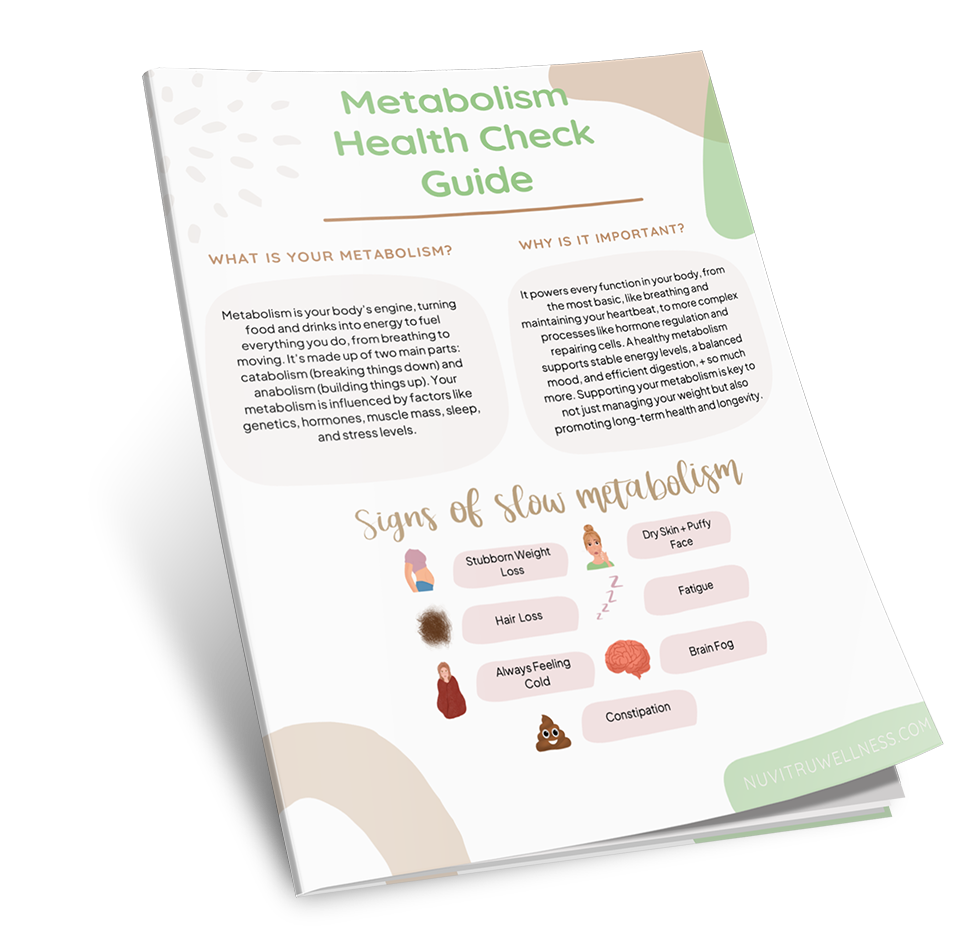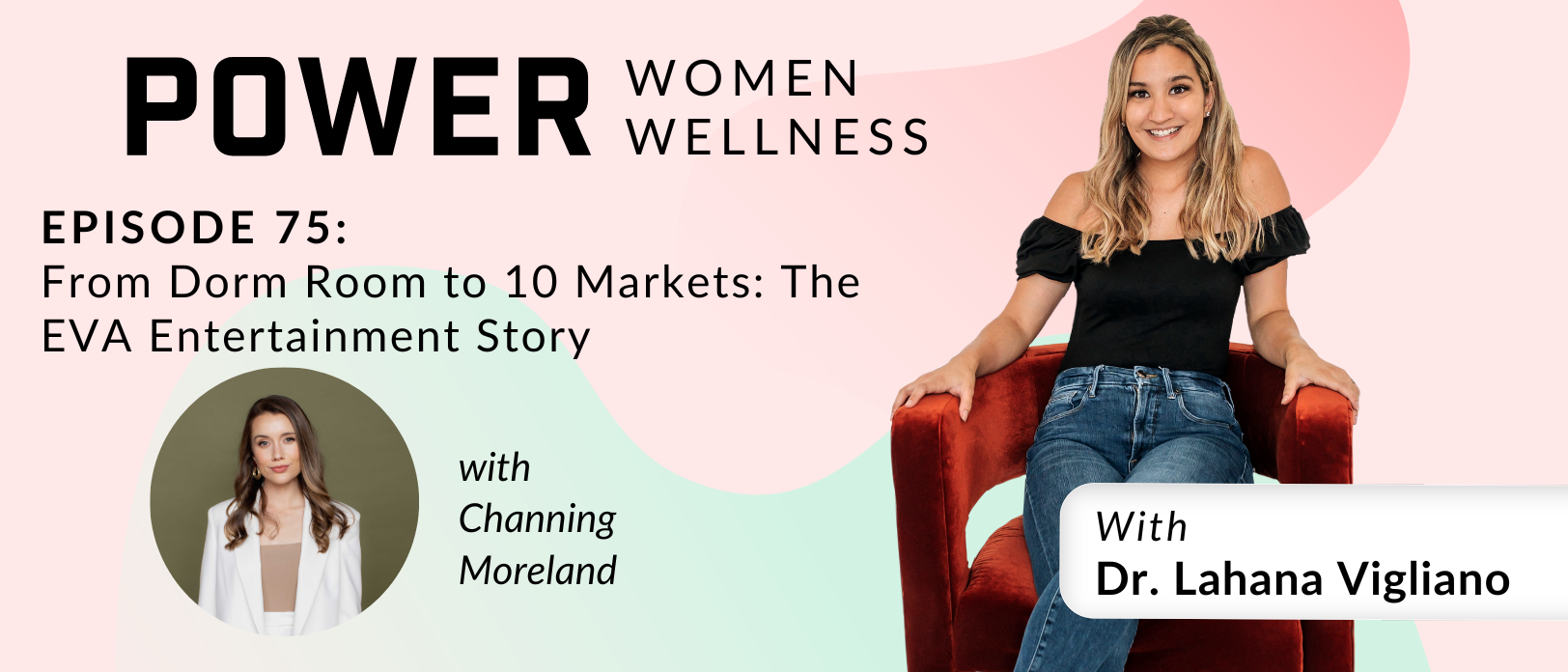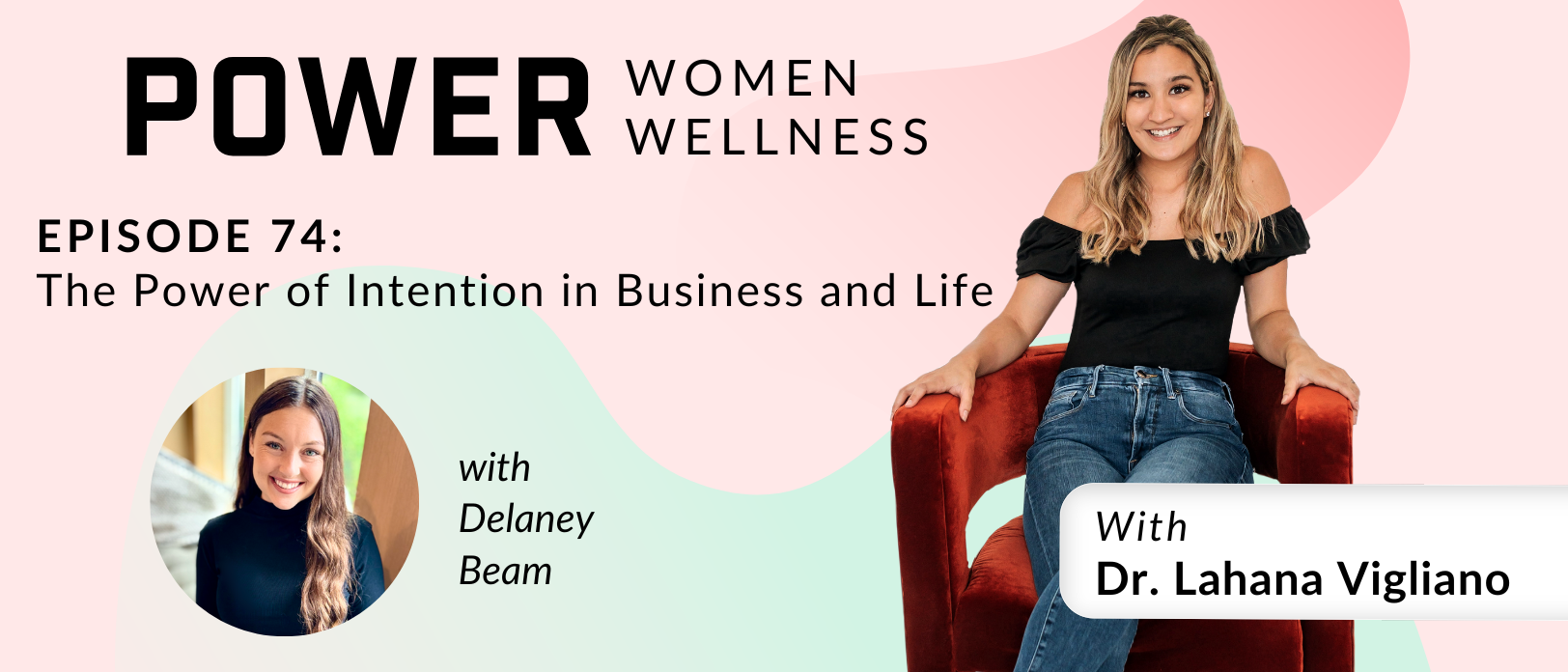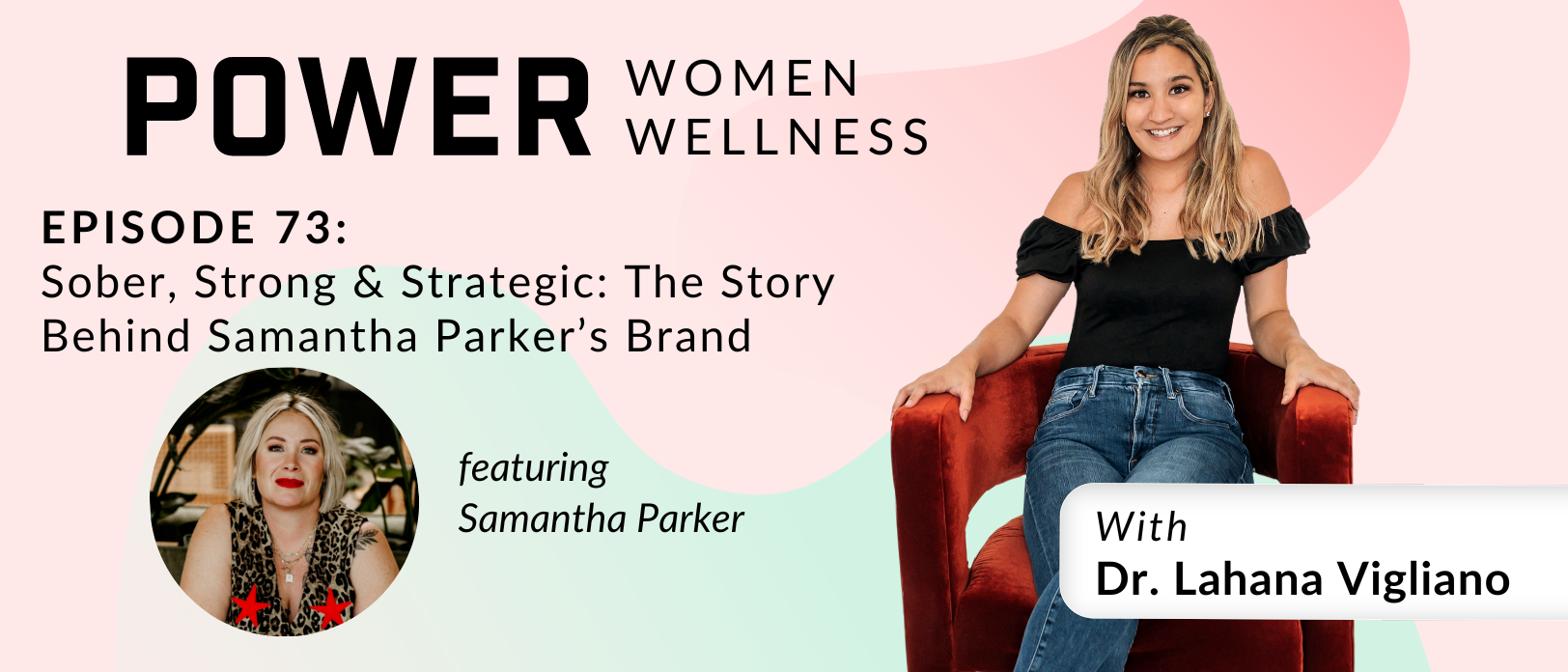Food Noise 101: What It Is, Why It’s Happening, and How to Quiet It (Without Ignoring Your Body)
TL;DR: Food noise isn’t a character flaw; it’s data. When your brain is chatty about food, your body is sending signals—about stress, sleep, blood sugar, gut health, and whether you’re actually eating enough. The win isn’t to suppress those signals; it’s to translate them and address the root causes.
What Is “Food Noise,” Really?
When women tell me they have “food noise,” they’re usually describing some combo of:
-
Constant thoughts about what/when to eat
-
Feeling hungry soon after a meal that should have been satisfying
-
Guilt/shame when choices aren’t “perfect”
-
Fear-based, all-or-nothing thinking driven by wellness misinformation
Here’s your reframe: food noise = body data, just like a lab value. Short-term shut-ups (supplements/meds) can feel great, but if they bypass the why, they rarely deliver long-term peace.
Short-term wins do not guarantee long-term wins!
Quick History: Why So Many Of Us Struggle With Food Thoughts
We didn’t wake up confused. We were trained.
-
1960s–1980s: Low-fat era, calorie obsession, “thin = healthy.”
-
1990s–2000s: Yo-yo diets (Atkins/South Beach), all-or-nothing thinking ramps up.
-
2010s–now: Social media comparison + orthorexia (health-obsessed restriction) normalize chronic second-guessing.
Result: a culture-level disconnection from hunger/satiety and a brain that’s hyper-vigilant about food.
Dopamine, Satiety Signals, and Hyper-Palatable Foods
Highly processed foods (even the “healthy” packaged ones) are engineered with the bliss trifecta—sugar, fat, salt—to spike dopamine and keep you coming back. That doesn’t make you “undisciplined”; it means the product is doing its job.
Meanwhile, your appetite is governed by signals like ghrelin, leptin, GLP-1, CCK, and PYY. When sleep is short, stress is high, or meals aren’t balanced, those signals get fuzzy. Medications that target GLP-1 can reduce appetite, but they’re synthetic and designed to last longer than your body’s own peptides. For a subset of people, that’s useful; for many, it’s a detour if we never address the foundations.
Root Causes of Food Noise (and What To Do About Them)
1) You’re Not Eating Enough (Yes, Really)
If I had to bet, 8–9 out of 10 women who come to us are under-fueling—especially carbs. Then comes the afternoon sweet hunt. Is that “food noise”…or your body begging for glucose?
Try this: Build meals with protein + color + fiber + smart carbs + fats. If you lift or train, protect carbs around workouts. Normalize hunger; honor it with real food.
2) Blood Sugar Rollercoaster
Subtle spikes/crashes can trigger urgency, cravings, and that “I need something now” brain. Poor sleep the night before? Expect louder hunger the next day—totally normal physiology.
Try this: Aim for protein-forward meals, add fiber/fat to slow glucose, avoid grazing, and prioritize sleep. A CGM can be eye-opening if you’re not sure what your curve is actually doing.
3) Gut Imbalances + Neuroinflammation
Your gut and brain chat via the vagus nerve. Dysbiosis, yeast overgrowth, or leaky gut can distort appetite cues and even drive cravings (those “little buggies” love starches). About half of dopamine is made in the gut; if your microbiome is off, so are your signals.
Try this: Evaluate digestion, stool patterns, bloat, food reactions. If needed, test and treat - while rebuilding with whole foods and nervous-system support.
4) Nutrient Gaps
You can’t make satiety chemistry without raw materials. Common players:
-
Magnesium (over 300 reactions; low levels = anxiety/food fixation)
-
Zinc (leptin sensitivity)
-
B6 (turns precursors into serotonin/dopamine)
-
Iron (oxygen delivery, fatigue appetite loops)
-
Omega-3s (cell receptor sensitivity, anti-inflammatory)
-
Chromium (glucose stability)
-
Vitamin D (leptin sensitivity)
-
Amino acids like tyrosine (dopamine) and tryptophan (serotonin → melatonin → appetite rhythm)
Try this: Eat protein in every meal, include seafood, eggs, leafy greens, legumes, nuts/seeds; consider targeted repletion based on labs.
5) Nervous System Dysregulation (Fight/Flight/Freeze)
Stress chemistry blunts satiety. In fight/flight, your brain hunts for fast relief; in freeze, you may eat to “feel something.”
Try this: Daily downshift moments (box breathing, walks in sunlight, prayer/meditation, gentle mobility). If there’s a trauma/history of scarcity or rigid food rules, EMDR or therapy can be game-changing. (Psst…we’re integrating therapy into our practice for exactly this reason.)
6) Misinformation & All-or-Nothing Culture
Trends (keto, detoxes, “clean eating” extremes) give short wins (if that), then fade. The cycle keeps the noise loud and the body confused. Your plan should fit your body, phase of life, and goals - not a viral post.
So…Is Any “Food Noise” Normal?
Totally. Thinking about dinner, planning groceries, checking your calendar for when you’ll eat - that’s normal food noise. The red flags are preoccupation, shame, and persistent hunger after “complete” meals. When the chatter feels frantic or constant, it’s time to decode the data.
What Long-Term Success Actually Looks Like
-
Personalized fueling (macros, timing) based on your real life
-
Stable blood sugar + real sleep
-
Happy gut and targeted nutrient repletion
-
Regulated nervous system (you can’t out-supplement fight/flight)
-
Occasional medical support when appropriate - integrated, not isolated.
-
A compassionate inner dialogue (we’re done with the 1998 rulebook)
“Your body isn’t working against you - it’s working for you. Learn its language.”
Ready to Get Help?
If this hit home, DM me on IG @drlahana and tell me which section you want deeper—blood sugar, gut, or nervous system and I’ll make a follow-up episode. If you’re ready for 1:1 support, our team at Nuvitru blends functional nutrition, lab testing, and (soon!) integrated therapy and prescribing partners for Texas-based patients. Schedule your free intro call here!


-1.png)



